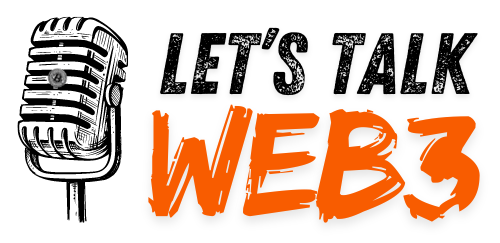North Dakota and New Hampshire have joined the growing list of US states introducing legislation to establish Bitcoin reserves.
This move reflects increasing efforts to diversify state treasuries against economic challenges like inflation.
Bitcoin Reserve Bills Gain Momentum in the US
Lawmakers in North Dakota recently introduced a proposal to integrate digital assets and precious metals into the state’s investment strategy. The House Concurrent Resolution 3001 directs the State Treasurer and Investment Board to allocate portions of key state funds — such as the general fund and legacy fund — into these alternative assets.
“The Legislative Assembly encourages the State Treasurer and State Investment Board to invest a portion of the state general fund, budget stabilization fund, and legacy fund in digital assets and precious metals,” the bill stated.
While the resolution avoids explicitly naming Bitcoin, its inclusion of digital assets reflects the growing interest in cryptocurrency as a viable investment. Supporters believe this approach could help safeguard the state’s finances against economic pressures like inflation.
Lawmakers introduced similar legislation in New Hampshire to establish a state Bitcoin reserve. Although the bill does not directly name Bitcoin, its requirements suggest that the top crypto would be the sole cryptocurrency eligible for investment.
The legislation stipulates that only digital assets with a market cap above $500 billion over the past year or stablecoins qualify for inclusion. Indeed, Bitcoin is the obvious candidate as it is the only asset within that range.
Meanwhile, the absence of Bitcoin’s name in both proposals has sparked debates within the crypto community. Critics view this as a loophole for including other assets. However, proponents argue it’s a deliberate tactic to avoid political resistance.
Dennis Porter, a leading advocate for pro-Bitcoin policies, explained that tech-neutral legislation often paves the way for smoother policy adoption. This approach ensures lawmakers feel confident in approving measures without unnecessary controversy.
“Some states will require us to develop tech neutral bills which is very common in policy. It’s a way to reduce political friction. Some bills will be bitcoin exclusive, some will be based on market cap. We work with lawmakers to ensure they have confidence in the bill passing. We have used this tech neutral strategy for years and it works,” Porter explained.
Still, introducing these bills aligns with a broader trend among US states, including Texas, Florida, Pennsylvania, and Alabama, to explore Bitcoin reserves. These efforts appear inspired by President-elect Donald Trump’s proposal to establish a national Bitcoin reserve.
Currently, the US government holds approximately 200,000 BTC, valued at over $18 billion, making it the largest nation-state Bitcoin holder globally. However, the outgoing Biden administration has received approval to liquidate 69,370 BTC seized from the Silk Road marketplace, worth roughly $6.5 billion.
Matt Hougan, CIO of Bitwise, suggested the incoming administration could potentially reacquire Bitcoin as part of a broader strategy to reinforce the country’s financial position in the global cryptocurrency landscape.
Disclaimer
In adherence to the Trust Project guidelines, BeInCrypto is committed to unbiased, transparent reporting. This news article aims to provide accurate, timely information. However, readers are advised to verify facts independently and consult with a professional before making any decisions based on this content. Please note that our Terms and Conditions, Privacy Policy, and Disclaimers have been updated.





